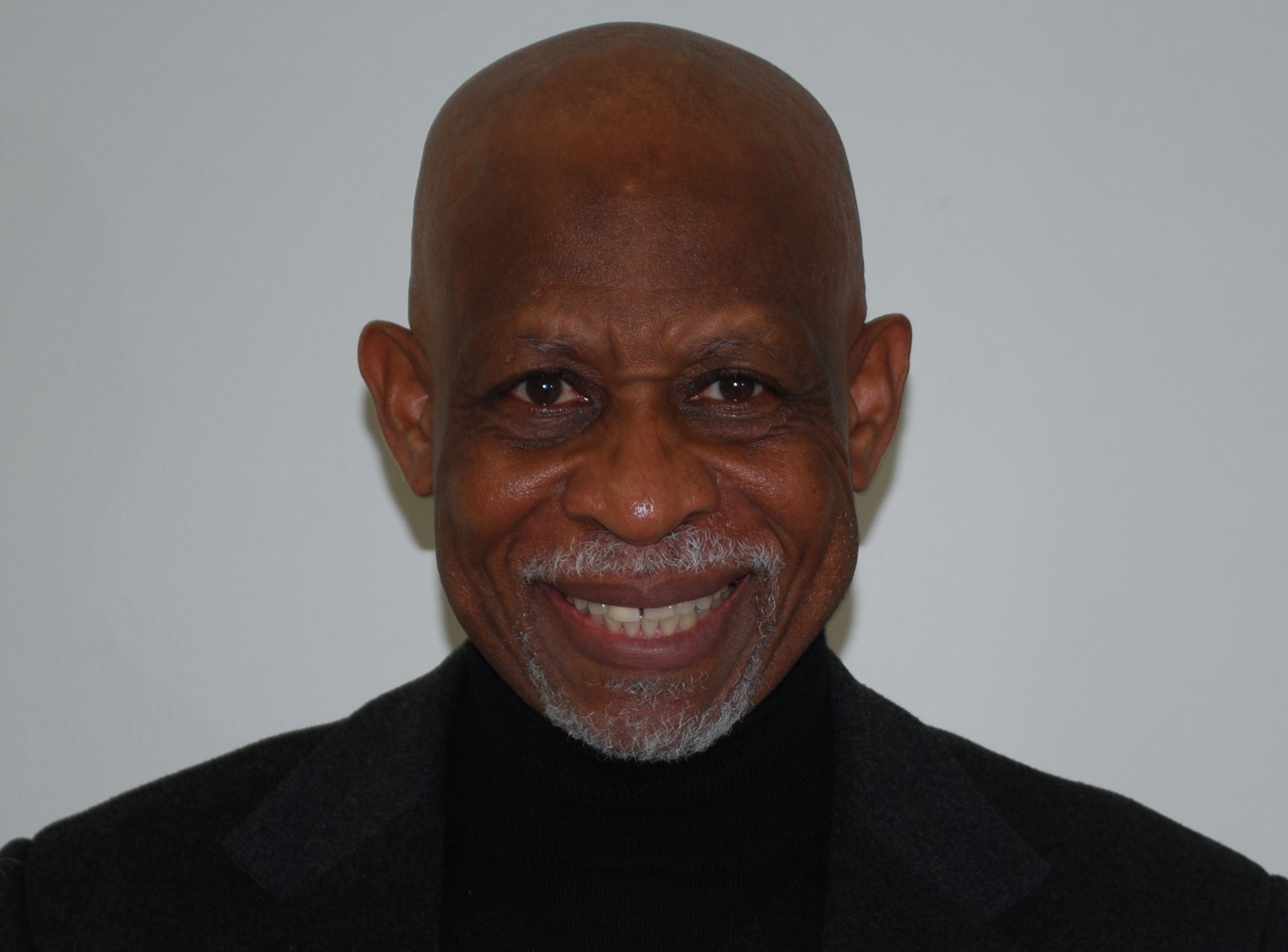OP-ED BY DR. ROBERT KENNEDY
Last Tuesday evening, as I sat for a few moments to watch the news, I saw and heard the screaming adults at a school board meeting, calling the school board members to resign because they insisted on mask mandates.
What shocked me most was not the opposition to the masks they were calling for, but the woman who declared that she was a Christian and in the name of Jesus Christ she was ready to do some violent things if she did not get her way. When I heard that, I said to myself that if that is what being a Christian looks like, I do not want anything to do with Christianity.
In fact, this is what many persons, particularly many youths who grew up Christian in their childhood, now say. At times, when I come in contact with such individuals and ask about their faith or religious affiliation, their response is “None.”
For those who need to find out, the “None” is an official term for persons who do not wish to be identified with any faith or religious tradition. To such persons let it be made clear that there is a need for faith, and that religious affiliation have profound significance for all human life in creating meaning and stability.
But it is a challenge not to be atheistic or agnostic about Christianity (or any faith or religious tradition) when those who call out the name and claim affiliation behave with so much contradiction. So I think for those of us who are serious about our Christian faith, we need to make clear that being a Christian does not mean carrying the Bible in one hand and a gun in the other, or being against abortion or mask-wearing while hating our neighbors, name-calling immigrants and being mean to the poor and doing all of the other unjust things that make the lives of those we do not like most miserable, are not Christian. Such is neither Evangelical nor Christian.
My understanding of Christianity is that Christians believe in Christ, love Christ, are obedient to Christ, and are willing to represent Christ to the world that does not know Christ. For Christian theologians, a Christian trust in the redemptive work of Jesus Christ through His death on the cross and subsequent resurrection. Such a person is willing to live for Christ and take up the cross of suffering with Christ. This means adopting a character that is like Christ, being humble, gracious and merciful.
Here is how the Apostle Paul explains it in that powerful text that serious Christians use as their pattern: “Have this mind among yourselves, which is yours in Christ Jesus, who, though he was in the form of God, did not count equality with God a thing to be grasped, but emptied himself, by taking the form of a servant, being born in the likeness of men. And being found in human form, he humbled himself by becoming obedient to the point of death, even death on a cross.” (Philippians 2:5-8 ESV)
In other places, Paul gives the reminder: “For we are the aroma of Christ to God among those who are being saved and among those who are perishing, to one a fragrance from death to death, to the other a fragrance from life to life. Who is sufficient for these things? For we are not, like so many, peddlers of God’s word, but as men of sincerity, as commissioned by God, in the sight of God we speak in Christ.” (2 Corinthians 2:15-17 ESV)
“You yourselves are our letter of recommendation, written on our hearts, to be known and read by all. And you show that you are a letter from Christ delivered by us, written not with ink but with the Spirit of the living God, not on tablets of stone but on tablets of human hearts.” (2 Corinthians 3:2, 3 ESV)
The above texts make clear that what was relevant in the naming of Christians in the first century of Christianity is still relevant today. The first Christians were Christ’s followers and Christ’s representatives to the world. They went about telling the stories of Jesus Christ. They were not gun toting, Bible-thumping, mean, yelling, and political ideological individuals.
Yes, they honored governments and “Rendered to Caesar” what belonged to Caesar. But their fundamental focus was on proclaiming the gospel of the Kingdom of God. That means they were making clear the justice of God, and that one day Jesus Christ would return to establish complete peace on earth. They were not into all of the shenanigans that many who label themselves Christians are engaged in today.
Yes, those who were called Christians were ridiculed for their faith, but it was not because they were misrepresenting the character of Christ; it was because they were radical in practicing righteousness. They were respectful to others, practicing the ways of Christ, so the sinful ways of the world would be rebuked without adopting the ways of the world.
When I see the contradictions that many are bringing upon the name of Christ today, I feel like shouting, “Stop taking the name of the Lord in vain.” Honor the Lord, by following the third commandment (Exodus 20:7), which says, “You shall not take the name of the Lord in vain, for the Lord will not hold guiltless anyone who takes his name in vain.”


